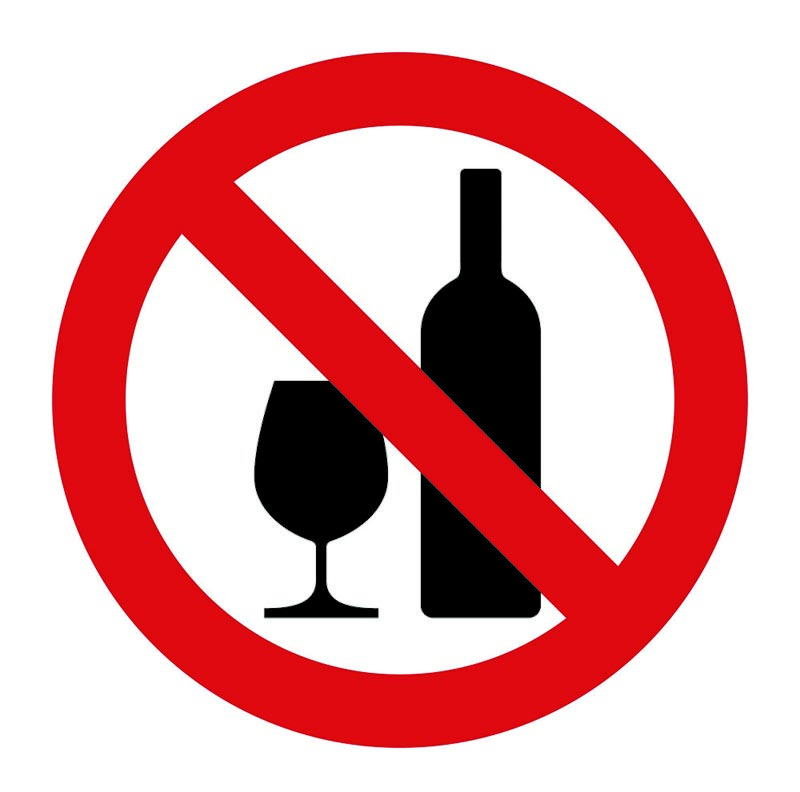Clampdown on drinking to benefit bootleggers
Is this what we get for regularly paying taxes?
— Ravi KC, president, Nepal Liquor Manufacturers Association
Kathmandu, November 28
The government is mulling over enforcing a stringent executive order to control production, sale and distribution of alcohol, assuming liquor consumption is giving rise to cases of domestic violence and crime such as rape, besides health-related problems.
A responsible government should not waver from introducing tough measures to improve the well-being of its citizens and reduce incidents of violence and crime. But the government’s latest move has raised a few eyebrows, as it aims to push legal manufacturers of alcoholic beverage and operators of restaurants, bars and hotels to the verge of collapse, without proposing appropriate measures to penalise producers and distributors of illicit liquor.
Consumption of illicit liquor in Nepal is higher than that of alcoholic beverages produced by licensed firms. The government very well knows this, albeit there are no official data to substantiate this. However, a 2016 journal article offers a sneak peek at the liquor consumption pattern. The study conducted in slums of Kathmandu valley showed that only 22.6 per cent of squatters consumed alcoholic beverages, such as beer, whisky and vodka, manufactured by licensed firms. A big chunk of these urban poor consumed illegally-made liquor known as raksi (20.8 per cent), followed by rice or millet homebrews (13.7 per cent) and homemade alcoholic beverages such aschhyang (12.5 per cent). Others consumed a mix of both legal and illicitliquors.
This is where intervention is needed, as prevalence of alcohol consumption among this group, according to the journal article, is twice the national average.
A 2014 study of the World Health Organisation showed that 27 per cent of Nepali men over 15 and eight per cent of Nepali women over 15 consumed alcohol. In contrast, the article titled, ‘Prevalence and Predictors of Alcohol Consumption among the Squatters of Kathmandu Valley’ published in the journal of the Nepal Health Research Council, found that 66 per cent of males and 16.9 per cent of females living in the valley’s slums were consumers of alcohol.
“The government should introduce measures to reduce the potential harm associated with drinking among vulnerable groups that consume cheap and easily accessible (illicit) liquor, as it can cause severe health hazards,” said Dr Pukar Chandra Shrestha, a liver, kidney and pancreas transplant expert and executive director of Shahid Dharma Bhakta National Transplant Centre.
Governments everywhere try to ban production and sale of illicit alcoholic beverages because they are manufactured following less sophisticated distillation process.
Hence, alcohol content in such drinks fluctuates all the time, raising chances of methanol poisoning. Recently, 45 people, including six Nepalis, died in Malaysia because of methanol poisoning. But the executive order prepared by the Ministry of Home Affairs, which has been forwarded to the Cabinet for approval, is silent on taking action against producers and distributors of illicit liquor, who are out of the tax net.
Instead, it is trying to put the blame on licensed manufacturers of alcoholic beverages and owners of restaurants, bars, hotels and resorts for causing health problems and societal harm.
“This is not fair,” said Ravi KC, president of Nepal Liquor Manufacturers Association. “Is this what we get for abiding by government’s standard and orders, and regularly paying taxes?”
Manufacturers of hard liquor and beer paid Rs 375.1 million in excise duties alone in the last fiscal. “If import duties imposed on raw materials and other taxes are factored in, our annual contribution to the state coffers is up to Rs 27 billion,” said Ramesh Prasad Shrestha, president of Nepal Beverage and Cigarette Industries Association, urging the government to review its decision to enforce the proposed executive order.
The new executive order prepared by the home ministry proposes to allow hotels, lodges, bars and restaurants to sell alcoholic beverages between 5:00 pm and 10:00 pm. It also seeks to prevent hotels, resorts, lodges, bars and restaurants from serving alcoholic beverages outdoors. The executive order also aims to bar manufacturers of alcoholic beverages from sponsoring sporting events, concerts and other public events, and promoting their programmes in the media.
These measures will squeeze the business of licensed establishments, while giving rise to production and sale of illicit liquor, according to liquor industry experts.
Earlier, the government had tried to reduce the number of smokers by banning cigarette advertisements.
“Did the policy work? No,” said KC. “This is because such measures don’t work unless they are supported by other policies.”
The government should launch awareness campaigns on safe and responsible drinking to discipline those who are facing drinking problems rather than enforce a blanket regulation that punishes everyone, said Dr Shrestha. He added, “A harsh unexpected action can upset people.” The study conducted among squatters of Kathmandu valley also showed that the number of drinkers dropped with “increase in education”.






